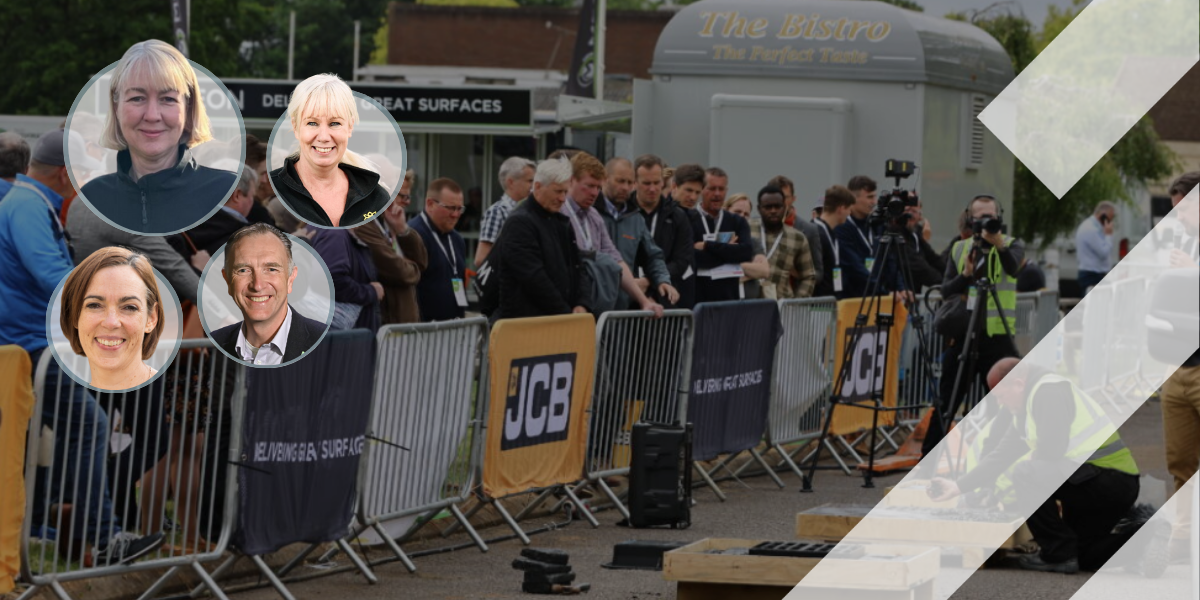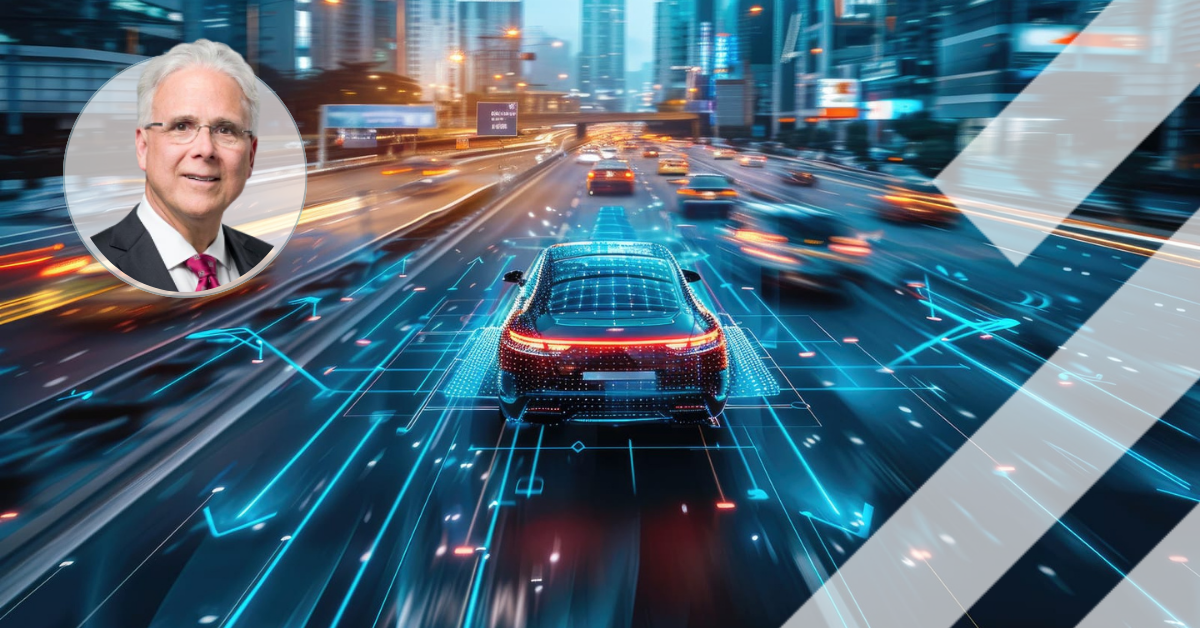Should I divorce my car? Achieving modal shift through shared and digital mobility hubs
The very notion of consciously choosing not to drive and take a bus to work when you have a nice, warm car on your driveway that you don’t have to share with 37 strangers is not something that comes very easily to the minds of commuters and travellers. However, as this session, produced in association with INTERREG NSR ‘Shared and Digital Mobility Hubs’ (ShareDiMobiHub) project, set out to highlight, shared mobility options are here to stay and have numerous benefits.
The session leaned heavily on the experiences of the ShareDiMobiHub partner cities (Amsterdam, Rotterdam and Utrecht), together with insights from POLIS and Belgian shared mobility solution providers Mpact, and particularly how shared mobility hubs can effectively trigger a modal shift towards sustainable ways of transportation, and upscale shared mobility through the concepts of shared and digital mobility hubs.
Utrecht’s Eric van Dijk sees mobility hubs as a vital spoke in the mobility transition wheel and as an excellent way of engendering a true modal split. For Rotterdam’s Mariet de Haas, what is crucial to the successful implementation of mobility hubs into the public conscience is to consider several steps of awareness and to gradually increase the concept’s visibility. Mpact’s Jelten Baguet considered that Mobility Hubs “should be thought of as the carrot” in a carrot & stick ‘what’s in it for me?’ society.
The idea that solving a mobility issue is as simple as building more mobility hubs was dismissed was dismissed by van Dijk, but the City of Amsterdam’s Angelique Morcus-Akkerman use the example of Amsterdam’s Neighbourhood Hubs as a positive solution, provided, she said, that the citizens fully embrace the idea of mobility hubs in order for it be a success.
With that in mind, upscaling the mobility hub using a combination of intelligent integration, thoughtful locations and sufficient training was how POLIS’s Daniel Herrera sees the titular topic playing out, while the Region of Amsterdam’s Bram Nieuwstraten underlined the idea of providing reliable, feasible alternatives to car ownership and usage, in addition to the concept’s secondary benefit of taking back public space, as being intrinsic to mobility hubs increasing in popularity.
The session ended on a lighter note with a contribution from the audience. “I wanted to tell you that a year ago I divorced my car!” said Linda to audible cheers. She left a pause of perfect comedy timing length before adding “but I just married another one as it was impractical.”
Loading component...
Get up to speed on the mobility industry - our newsletter straight to your inbox!



